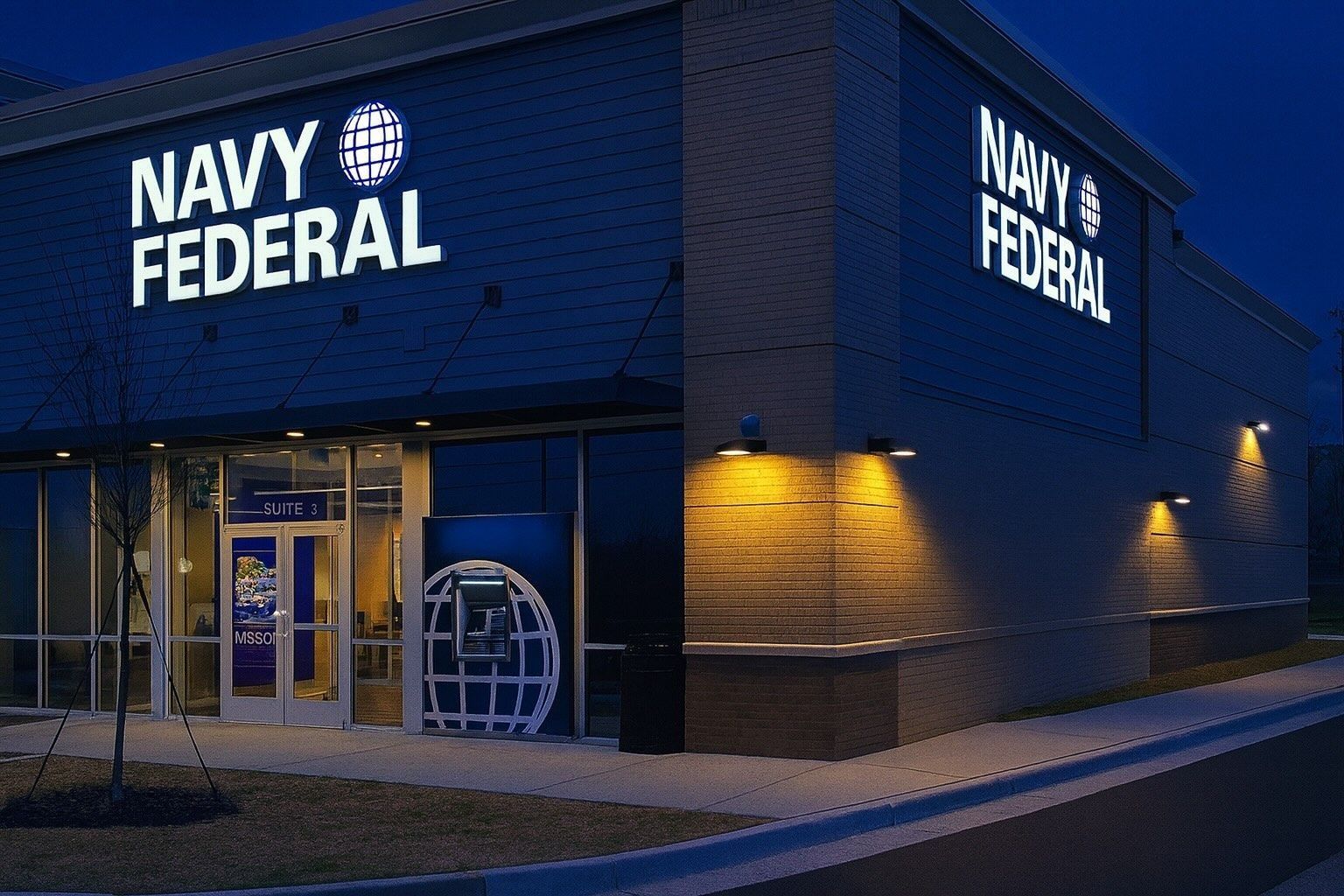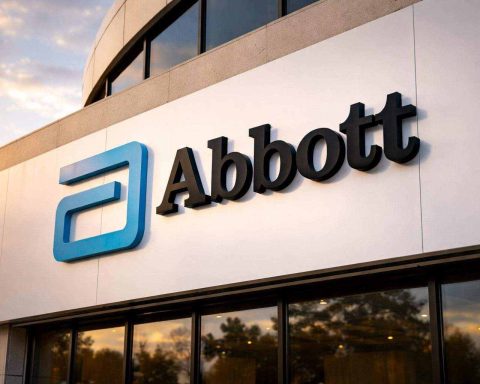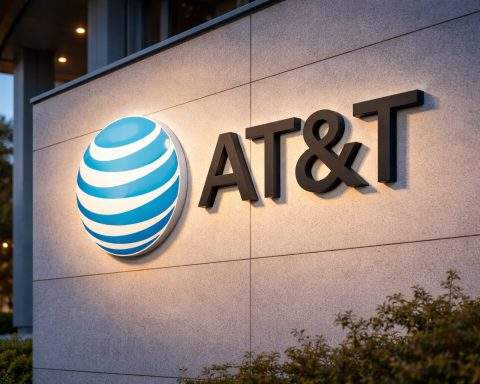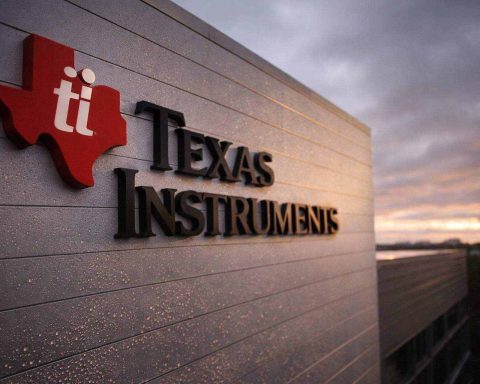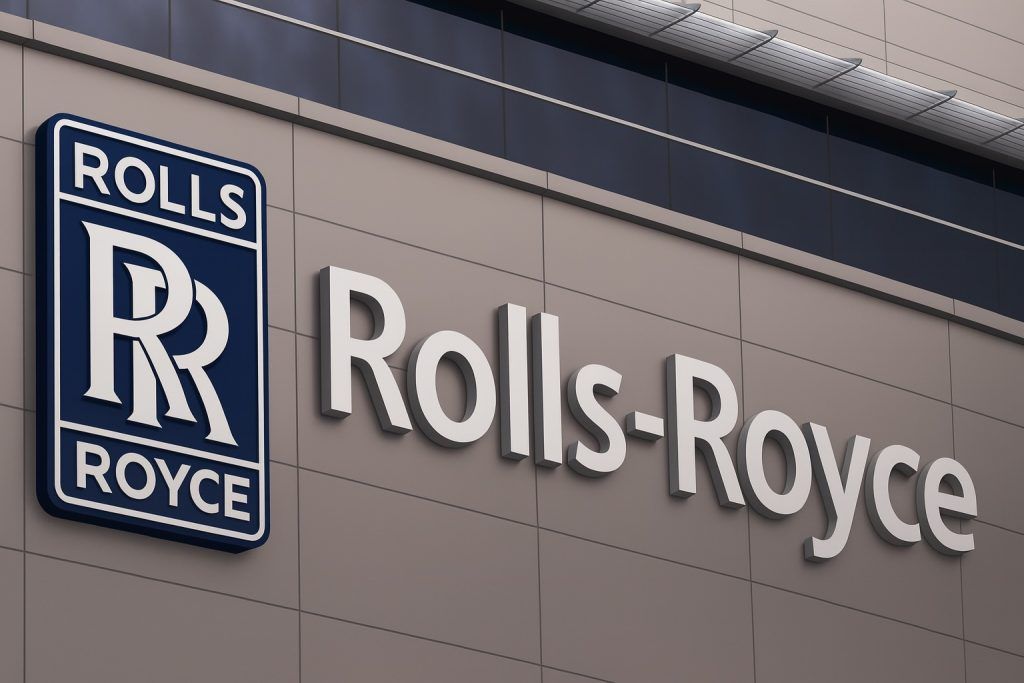November 21, 2025
Navy Federal Credit Union is at the center of a nationwide settlement that could send cash or account credits to thousands of current and former members whose bank fraud claims were denied over the last three years.
A proposed $1.7 million class action settlement in Stephenson, et al. v. Navy Federal Credit Union alleges that the country’s largest credit union violated the Electronic Fund Transfer Act (EFTA) when it refused to reimburse members for unauthorized electronic transactions and failed to properly explain or document those denials. 1
The deal has been preliminarily approved by a federal court in California, is now open for claims, and is drawing fresh attention today after multiple outlets highlighted the payout and key deadlines. 2
What the Navy Federal EFTA Settlement Is About
The case, filed in October 2023 in the U.S. District Court for the Southern District of California, is captioned Jeffrey Stephenson, et al. v. Navy Federal Credit Union, Case No. 3:23‑cv‑01851. 3
According to the complaint and the official settlement notice, the lawsuit claims that Navy Federal: 1
- Improperly denied members’ claims that one or more electronic fund transfers (such as debit card withdrawals or point‑of‑sale purchases) were unauthorized or fraudulent
- Failed to provide sufficient written explanations when it rejected those claims
- Failed, in some cases, to provide supporting documents that members requested and that the credit union said it relied on when denying disputes
The plaintiffs allege that this conduct violated the EFTA, a federal law that requires banks and credit unions to promptly investigate reports of unauthorized electronic transactions, explain their findings, and reimburse consumers when errors or fraud are confirmed. 4
Navy Federal denies any wrongdoing or liability, but agreed to create a $1.7 million settlement fund to resolve the litigation and avoid the risk and expense of continuing the case. 4
On August 20, 2025, the court granted preliminary approval of the settlement and scheduled a final approval hearing for early next year. 2
Who Is Eligible for a Payment?
The settlement is nationwide in scope and centers on a clearly defined class period.
According to the official settlement website and multiple settlement summaries, you may be part of the class if: 1
- You had an account with Navy Federal Credit Union; and
- You submitted a claim to Navy Federal for unauthorized and/or fraudulent electronic fund transfers (for example, debit card charges you say you did not authorize); and
- Navy Federal denied that claim; and
- The denial happened between October 10, 2022 and August 20, 2025.
Within that group, the settlement creates two categories of class members: 4
- Written Explanation Settlement Class
- All account holders whose claims of unauthorized electronic fund transfers were denied during the class period.
- Document Request Settlement Subclass
- A subset of the first group: members who
- had a claim denied in the covered period and
- asked Navy Federal for the documents it relied on when denying the claim but did not receive those documents.
- A subset of the first group: members who
If you received a mailed or emailed notice about the settlement, the parties believe you are likely in one of these groups. However, the settlement website notes that some eligible members may not receive a notice but can still qualify if they meet the criteria. 5
Importantly, the case focuses on denied fraud or unauthorized transaction claims — not every instance of fraud or every Navy Federal account.
How Much Money Could Navy Federal Members Receive?
The total settlement fund is $1.7 million. That pool is used to cover: 5
- Payments or account credits to eligible class members who submit valid claims
- Court‑approved attorneys’ fees and litigation expenses
- Service awards to the class representatives
- Settlement administration costs
Current projections, based on the settlement agreement and public summaries, include: 5
- Attorneys’ fees: up to approximately $566,667 (about one‑third of the fund)
- Service awards: $5,000 each to the class representatives
- Net fund to class members: the remaining balance after fees, costs and service awards
Individual payments will be made on a pro rata basis — in other words, everyone who files an approved claim will receive an equal share of the net fund. There are no fixed per‑person amounts; what each person receives depends on how many valid claims are filed. 5
How payments are delivered
The settlement administrator indicates that: 5
- Current Navy Federal members will generally receive credits directly to their accounts
- Former members will receive paper checks mailed to the address provided on their claim form
Because of the pro‑rata structure and the deduction of fees and costs, consumer advocates say most payments are likely to range from modest amounts to potentially a few hundred dollars, depending heavily on participation levels. 6
Key Deadlines Navy Federal Customers Need to Know
While some news coverage today has focused simply on the $1.7 million figure, the more urgent story for affected members is the tight timeline.
According to the official notice and court‑linked settlement summaries, the critical dates are: 7
- December 3, 2025 – Opt‑Out / Objection Deadline
- Last day to exclude yourself from the settlement (to preserve your right to sue separately about these same EFTA denial issues)
- Also the deadline to file an objection if you want to tell the court you disagree with the settlement terms
- December 18, 2025 – Claim Filing Deadline
- Last day to submit a Claim Form online or by mail if you want to receive a payment or account credit
- February 4, 2026 – Final Approval Hearing
- Date when the court in San Diego is scheduled to decide whether to grant final approval to the settlement
If the court gives final approval and any appeals are resolved, the settlement administrator has indicated that payments should be distributed roughly 30 days after final approval becomes effective, though the exact timing can vary. 5
What Today’s Coverage on November 21, 2025 Is Highlighting
On November 21, 2025, the settlement broke into broader consumer‑finance and fintech news streams:
- The Daily Hodl published a widely shared piece titled “US Lender Sending $1,700,000 To Account Holders After Allegedly Refusing To Reimburse Bank Fraud Claims,” framing the settlement as a payout to customers who lost funds to fraud but never saw reimbursement. 8
- The article emphasizes that impacted Navy Federal members whose claims were denied between October 10, 2022 and August 20, 2025 may qualify and notes the December 18, 2025 claim deadline and the February 4, 2026 final approval hearing. 8
- StartupNews.fyi also spotlighted the case under the headline “Navy Federal EFTA Settlement: $1.7 Million Class Action Approved for Unauthorized Transaction Claims,” highlighting the EFTA angle and explaining that the settlement arises from allegations that Navy Federal mishandled fraud disputes and failed to comply with federal consumer protection rules. 6
- Legal and class‑action‑focused publications such as Top Class Actions, Claim Depot, JoinTheCase and others have been tracking the case through its earlier stages and now stress that the claims window is currently open and that no “proof of purchase” is required beyond confirming a qualifying denied transaction. 4
Some secondary coverage has reported slightly different date ranges or hearing dates, but the court‑approved settlement website and official notice confirm the class period of October 10, 2022 through August 20, 2025 and the December 18, 2025 claims deadline. 1
How to Check If You Qualify and File a Claim
The settlement is being administered by Kroll Settlement Administration. The official website is StephensonEFTALitigation.com, which provides the long‑form notice, claim form, and full settlement agreement. 1
1. Confirm whether you’re in the class
You may be eligible if all of the following are true: 5
- You had a Navy Federal account at some point between October 10, 2022 and August 20, 2025
- You reported an unauthorized or fraudulent electronic transaction (for example, a debit card purchase you did not make)
- Navy Federal denied your claim and refused to reimburse you
- The denial occurred during that October 10, 2022–August 20, 2025 window
If you also asked Navy Federal for the documents it used to reach its denial decision and never received them, you may fall into the Document Request Settlement Subclass, which is handled under the same claim form but tracked separately for settlement purposes. 5
2. Find your notice or contact the administrator
Many potential class members received a mailed or emailed notice that includes a Class Member ID. If you cannot locate your notice or are unsure whether you qualify, the settlement administrator and several public summaries say you should contact Kroll directly: 5
- Mail:
Stephenson, et al. v. Navy Federal Credit Union
c/o Kroll Settlement Administration LLC
PO Box 5324
New York, NY 10150‑5324 - Phone: (833) 621‑8312
3. Submit a claim by December 18, 2025
Eligible members can: 5
- File online via the official settlement website’s claim portal, or
- Download and mail a paper Claim Form to the settlement administrator
You’ll be asked to provide basic identifying information, confirm that your denied transaction claim falls within the class period, and, if applicable, indicate that you requested but did not receive supporting documents from Navy Federal.
No receipts or transaction records are required just to submit a claim, but the administrator may request follow‑up information in some cases to verify eligibility. 5
What the Lawsuit Says About Bank Fraud Investigations
The Stephenson lawsuit sits at the intersection of two ongoing trends: rising electronic payment fraud and increasing scrutiny of how banks handle disputes.
The complaint alleges that when members reported disputed debit card charges, Navy Federal: 3
- Failed to conduct genuine, good‑faith investigations into whether the charges were actually authorized
- Used internal standards that effectively placed the burden of proving fraud on customers, rather than on the credit union
- Sent denial letters that offered little or no explanation, despite EFTA’s requirement that institutions explain their decisions
- In some cases, refused to provide key documents — such as transaction records — that members requested so they could understand or challenge the denial
The EFTA and its implementing regulations require financial institutions to:
- Promptly investigate consumer reports of unauthorized electronic fund transfers
- Resolve those investigations in a reasonable time
- Correct errors and reimburse consumers when unauthorized transactions are confirmed
- Provide written explanations and supporting information if they determine no error occurred
The settlement does not include any admission of wrongdoing by Navy Federal. However, in addition to the cash fund, some summaries note that the credit union has agreed to enhance its procedures and communications around EFTA claims going forward, including how it explains denials and responds to document requests. 7
Part of a Larger Pattern of Scrutiny
The EFTA settlement arrives as Navy Federal faces broader questions about its consumer practices:
- In 2024, the Consumer Financial Protection Bureau (CFPB) ordered Navy Federal to pay more than $95 million over alleged “surprise” overdraft fees, before terminating that order in July 2025 — a reversal that has prompted pushback from lawmakers and renewed media scrutiny. 9
- Separate lawsuits and investigations allege that the credit union’s mortgage lending practices have disproportionately harmed Black and Latino borrowers, following a widely covered CNN report on racial disparities in approval rates. 10
Against that backdrop, the Stephenson settlement adds another chapter to an ongoing conversation about how large financial institutions — particularly those serving active‑duty servicemembers, veterans and their families — investigate fraud, communicate with members, and comply with consumer‑protection laws. 4
What Navy Federal Members Should Keep in Mind
For potential class members, three practical points stand out:
- Check your history with Navy Federal
- If you ever had a fraud or unauthorized‑transaction claim denied between October 10, 2022 and August 20, 2025, you may be in the settlement class even if you no longer bank with Navy Federal. 1
- Don’t miss the deadlines
- December 3, 2025 is the opt‑out/objection deadline; December 18, 2025 is the claims deadline. After those dates, your options narrow dramatically, whether you want a payment or want to pursue your own lawsuit. 7
- This article is not legal advice
- The official notice repeatedly stresses that class members should read the full documents and may wish to consult an attorney about their specific circumstances. News outlets and settlement trackers are providing helpful summaries, but the binding terms are in the court‑approved settlement agreement and notices. 11
For now, the message from today’s coverage is simple: if Navy Federal denied your fraud claim in the last few years, you may be entitled to a share of the $1.7 million fund — but only if you act before the December 18 deadline.
